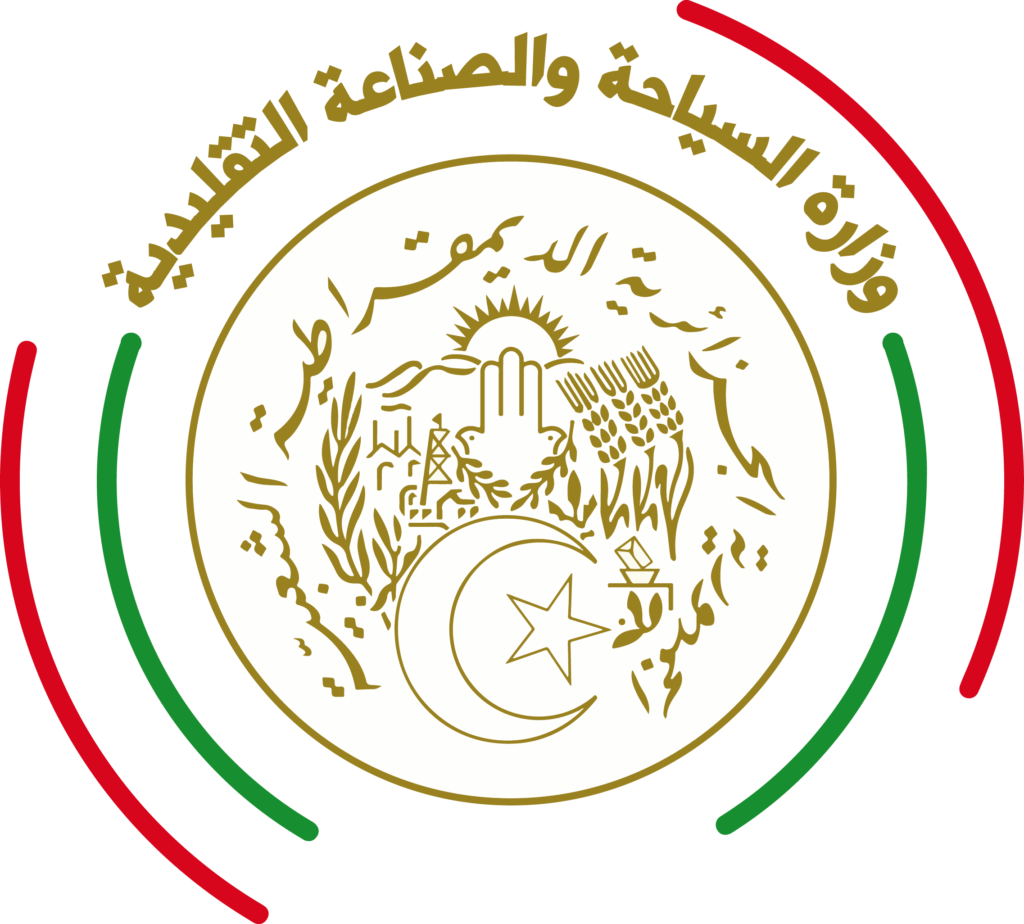She took under her wing a whole musical movement emerging between Algeria and Mali, nourishing young musicians, some of whom are now famous, with poetry and ancestral melodies. Badi Lalla, the dean of the tindi, still enchants music lovers with her music from the depths of the Ahaggar. Always draped with the traditional Tisseghnest, slightly under the weight of its 79 years, “Lalla”, as the Touareg like to call it, continues to accompany its protagonists on the stage of the group “Tinariwen” and to initiate other traditional troops or modern in Tamanrasset.
Since December 2015, the one that the Tuaregs consider as their “spiritual mother” in the same way as the deans of the imzad, continues to feed the columns of the European press after its passage on a Parisian scene with “Tinariwen” for the recording of their last live album. During the main cultural events of Tamanrasset, Lalla welcomes the guests of the capital of Ahaggar sitting on the floor with other Tuareg women around a percussion instrument in the form of mortar, the “tindi”, and surrounded of méharis as befits the most authentic ceremonies of the region.
In town, at the foot of the tomb of the Tuareg queen Tin Hinan, as in the middle of the desert, Badi Lalla, dean of the tindi, makes a point of honor to declaim herself the ancient poems, in Tamasheq, supported by the rhythm in loop produced by this unique wooden mortar. On stage or during ceremonies, “Lalla” always gives the impression to its audience that through it, “it is the desert that speaks” and that the ancestors of the Tuareg tell their story and their legends in the depths of the mountains of the Ahaggar. For twenty years, “Lalla” has been investing the artistic scene with another style after its collaboration, at the beginning of the 1990s, with young musicians and Touareg Malian activists who had blues and Ténéré pegged to the body and who formed ” Tinariwen. ”
Born in 1937 in In Guezzam, south of Tamanrasset, near the Algerian-Nigerian border, Badi Lalla, Badi Lalla Bent Salem of her real name, diffuses in the musical landscape targui her poetry which she collects since the age of ten years with his mother Lansari Bakka. After his experience with Tinariwen, Lalla embarks on a particular style based on the poetry and rhythms of this ancestral song, introducing the electric guitar, and the sounds of the Ténéré blues, bass and new percussion instruments.
This research and fusion work gave birth to what she will call the “Tindi Guitar”, a means of initiation to this genre accessible to young artists and once reserved for the noble among the population of the Ahaggar, while applying to popularize this poetry initially sung in a restricted circle during sacred ceremonies. Badi Lalla also collaborates with the teams of the Office of the Ahaggar National Cultural Park (Opnca) for ten years to record, transcribe and translate his poetic and musical heritage.
Since the global success of the group “Tinariwen”, Grammy award for the best world music album in 2011 for “Tassili”, a large number of young musicians “Ishumar” (deformation of “unemployed” in Tamasheq), a musical movement introduced by artists from the Sahel, evolve around “Lalla” and its new style. A style so full of spirituality that gives a second life to the tindi, an authentic poetry that “Kel tamasheq”, or the children of Tamasheq, are transmitted from generation to generation in these vast desert lands.




